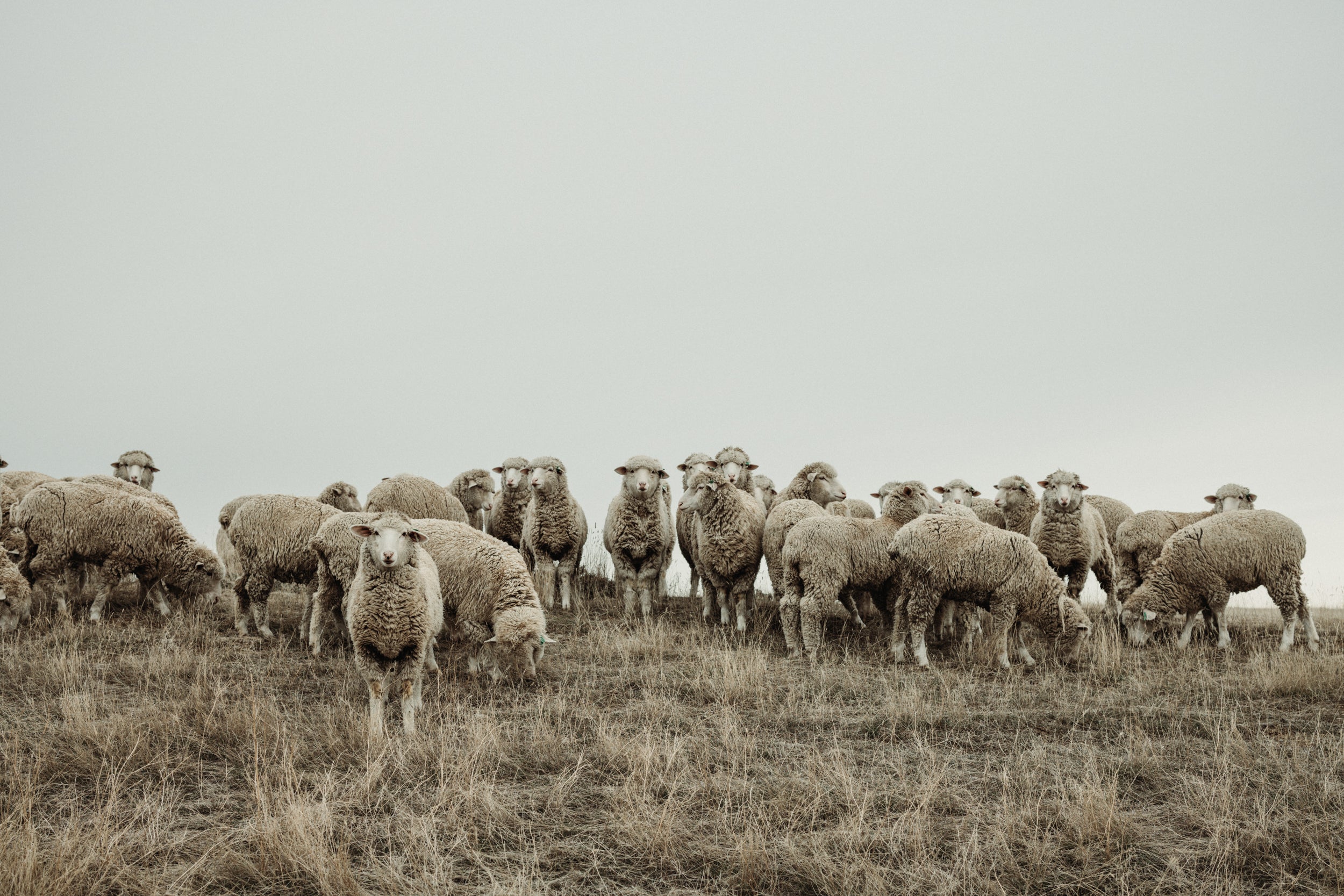Carbonizing
Beginning with Batch 9 in 2023, WeatherWool eliminated carbonizing.
Some wool fabrics are carbonized to remove vegetable matter.
Scouring is the first step in the cleaning of greasy (raw) wool. Typically, the clean fiber (scoured fiber) is spun into woolen yarn. But "clean fiber" isn't all that clean ... it will still have organic matter (grass and seeds) in the mix. Eventually, fabric made with such yarn must be CARBONIZED to remove the organic matter.
But carbonizing is HARSH and somewhat complex:
- Immerse the wool in hot sulfuric acid. Wool can resist the acid with very little damage, but the acid breaks down the cellulose of plant fiber
- Dry the fabric
- Bake the fabric
- Beat the fabric to crush the carbonized organic matter, then shake and dust the fabric to remove the tiny bits of carbonized (plant) debris
- Neutralize the fabric in water that may or may not contain alkalines. And usually, rinse and repeat
None of the processes of carbonization do the wool any good, and although they are standard industry practice, I've never liked it.
Carbonizing can be avoided by working only with TOP ... clean fiber that has also been carded and combed. These additional processes (among other things) remove virtually all vegetable matter from the clean fiber.
The "catch" for us was always that Chargeurs, the only industrial facility in the USA that produces wool top, requires 40,000 pounds (18,000 kg) of raw wool to make custom (private) top. Until Batch 9, we were unable to buy this much wool at once.
But since 2023, we have worked exclusively with wool top, and so we do not carbonize. It is extremely unusual to spin woolen (fuzzy-style spinning) yarn from top.
AND ... of course ... working exclusively with top, avoiding carbonizing, adds to our costs.
Carbonizing isn't foolproof. In about 2020, Debby, Alex and Denali spent about three hours (THREE HOURS!) tweezing bits of grass from each garment before we could ship!
13 July 2025, 15:17 EST --- Ralph

